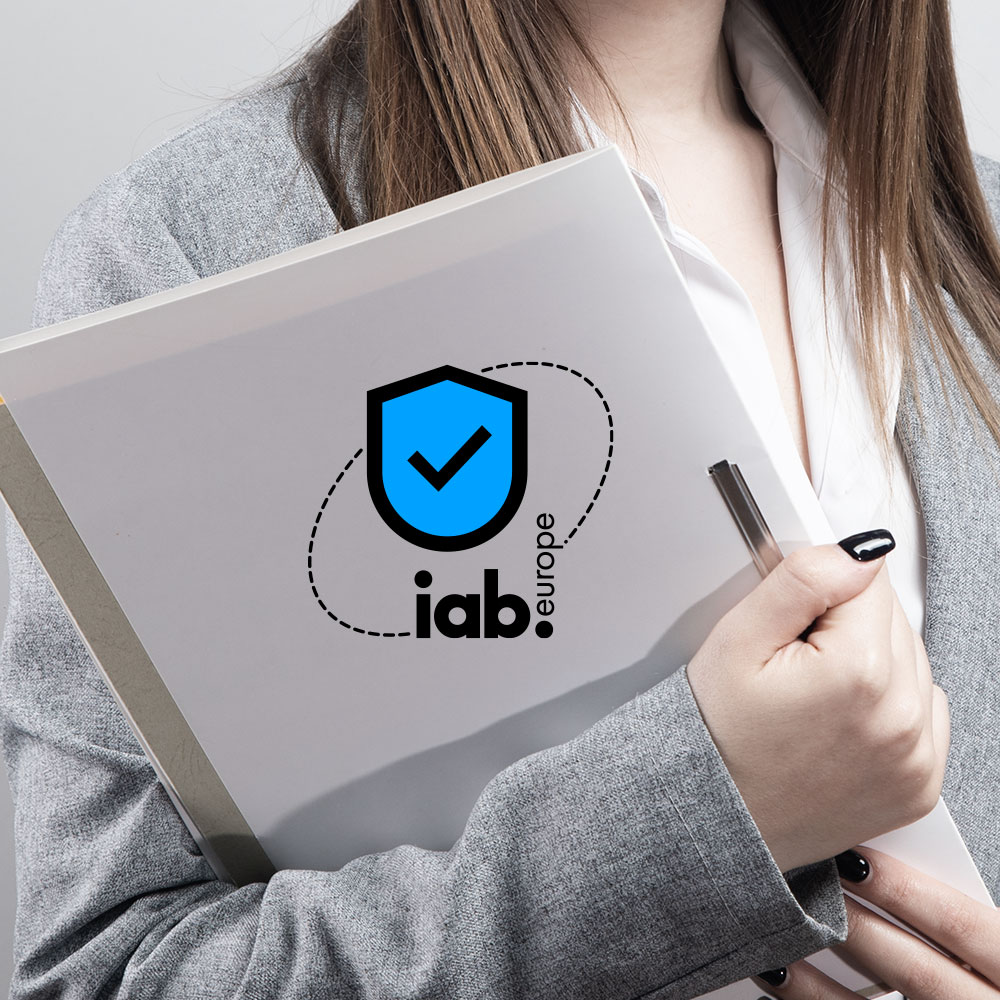Digital business dynamics are becoming increasingly complex, with large tech companies wielding significant market power and raising concerns about fair competition and user privacy. To address these issues, both Germany and the European Union have introduced legislation to regulate the digital markets.
In Germany, the Gesetz gegen Wettbewerbsbeschränkungen (GWB), aka the German Competition Act in English, has been in place for over half a century, though it has been amended many times, most recently in July 2023. The European Commission has more recently enacted the Digital Markets Act (DMA) as part of its efforts to create a fair and competitive digital ecosystem. It was passed in 2022.
Introduction to the German Competition Act (GWB)
The German Competition Act, also known as GWB or the “German Act Against Restraints of Competition”, is a comprehensive legal framework that aims to prevent anticompetitive behavior and ensure fair commercial competition in Germany. It has been in effect since the 1950s and has undergone 11 amendments to adapt to the evolving business landscape, particularly the evolution to more digital products and services. The GWB covers various aspects of competition law, including mergers and acquisitions, abuse of market power, and cartel agreements.
Objectives of the German Competition Act
The primary objectives of the German Competition Act are to promote fair competition, protect consumer interests, and prevent the abuse of market power by dominant companies. It aims to create a level playing field for businesses and prevent anticompetitive practices that could harm consumers or stifle innovation. The German Unfair Competition Act also seeks to ensure that companies comply with competition rules and face penalties for violations.
Key provisions of the German Competition Act
The German Competition Act contains several provisions that regulate various aspects of competition law, which are focused on controlling market dominance.
Merger control
The GWB provides a framework for the control and regulation of mergers and acquisitions to prevent excessive consolidation and the creation of dominant market positions that could harm competition. Companies are required to notify the relevant authorities of proposed mergers or acquisitions above certain thresholds, in order to undergo a review process.
Abuse of market power
The German Act Against Unfair Competition prohibits companies from abusing dominant market positions to stifle competition. The law prohibits practices such as predatory pricing, refusal to deal, tying and bundling, and discriminatory behavior. The law also provides guidelines on what constitutes an abuse of market power and the consequences for companies found guilty of such practices.
Cartel agreements
The German Competition Act prohibits cartel agreements, which are agreements between or among competitors to fix prices, allocate markets, or restrict output. Such agreements are considered anticompetitive and harmful to market competition. The GWB imposes fines and other penalties on companies involved in cartel activities.
Introduction to the Digital Markets Act (DMA)
The Digital Markets Act (DMA) is a regulatory framework introduced by the European Commission to address the challenges posed by the dominance of large digital platforms and promote fair competition in the digital sector. It is part of the EU’s broader efforts to regulate digital markets and protect consumer interests. The DMA specifically targets companies that have a significant impact on the market and act as gatekeepers, controlling access to digital services, their audiences and the data they generate.
Objectives of the Digital Markets Act
The primary objectives of the Digital Markets Act are to ensure fair competition, protect consumer rights and privacy, and promote innovation in the digital sector. The law aims to regulate the behavior of large digital platforms and prevent them from engaging in anticompetitive practices. The DMA law also seeks to empower users by enhancing their control over their personal data and ensuring transparency regarding business practices and data processing.
Key provisions of the Digital Markets Act
The Digital Markets Act contains several provisions that aim to regulate the behavior of gatekeeper companies and promote fair competition.
Definition of gatekeepers
The DMA defines gatekeepers as companies that have a significant impact on the market and act as intermediaries between businesses and consumers. The European Commission has set out criteria for determining whether a company qualifies as a gatekeeper, including factors such as market share, user base, and control over access to digital services.
Obligations for gatekeepers
The DMA imposes specific obligations on gatekeepers to ensure fair competition, promote innovation and choice, and protect consumer rights. These obligations include providing access to their services on fair and non-discriminatory terms, allowing interoperability with third-party services, and ensuring transparency in their practices. Gatekeepers are also required to share data with businesses and users upon request.
Remedies and penalties
The Digital Markets Act provides for remedies and penalties in case of noncompliance with its provisions. It empowers regulatory authorities to impose fines and other sanctions on gatekeepers found to be in violation of the DMA. The Act also allows for structural remedies, such as divestitures or behavioral remedies, to address anticompetitive practices.
Similarities and differences between the German Competition Act and the Digital Markets Act
German Competition Act
Scope and applicability
- Primarily focuses on competition law
- Covers a wide range of industries and sectors
- Applies to companies operating in Germany
- Extraterritorial reach in certain cases
- Not limited to the digital sector
- Encompasses all aspects of competition law
Objectives and principles
Aims to:
- promote fair competition
- protect consumer interests
- prevent the abuse of market power
- create a level playing field for businesses
- ensure that competition rules are followed
GWB principles:
- market transparency
- consumer welfare
- economic efficiency
Key provisions and obligations
Regulation of various aspects of competition law, including:
- merger control
- abuse of market power
- cartel agreements
Imposes obligations on companies to comply with competition rules or face penalties for violations.
Applies to all sectors of the economy, not just digital markets.
Consent management
The January 2021 amendment to the GWB empowers the Bundeskartellamt (Germany’s competition authority) to scrutinize data processing practices of companies operating in Germany.
This includes analyzing how companies collect and process user data and whether they provide users with sufficient choice and transparency in profiling them for ad targeting.
Under the GWB, incorporating consent management into websites, apps and digital platforms is essential for protecting user privacy, promoting transparency, and enabling user control over personal data.
Digital Markets Act
Scope and applicability
- Specifically targets the digital sector
- Aims to regulate large digital platforms that act as gatekeepers
- Focus on companies that have a significant impact on the market and control access to digital services
- Applies to companies operating within the European Union, European Economic Area and United Kingdom
- Narrower scope compared to the German Competition Act
Objectives and principles
Aims to:
- promote fair competition
- protect consumers
- encourage innovation
However, the DMA specifically addresses the challenges posed by digital platforms and seeks to regulate their behavior to ensure a level playing field and protect user rights.
DMA principles:
- user empowerment
- transparency
- non-discrimination
Key provisions and obligations
Introduces specific provisions and obligations for gatekeeper companies operating in the digital sector, including:
- providing access to services on fair terms
- allowing interoperability with third-party services
- ensuring transparency in practices
Gatekeepers are also required to share data with third-party businesses and users making use of their platforms and services. The DMA also empowers regulatory authorities to impose fines and other sanctions for noncompliance.
Consent management
Consent management plays a crucial role in the DMA, as it introduces criteria to determine if a company holds a dominant market position, including data volume and relevance, and access to resources.
The DMA prohibits preferential practices among gatekeepers for their own services, impeding market access, and distorting competition through data processing. The law aims to ensure that user consent is respected and that data processing practices do not violate privacy laws or hinder fair competition.
Final thoughts on the GWB and DMA
The German Competition Act and the Digital Markets Act are both significant regulatory measures aimed at ensuring fair competition and addressing concerns in the digital economy.
Consent management is crucial in both Acts to protect user privacy, promote transparency, and enable users to have control over their personal data.
The recent news of Google agreeing to reform its data processing practices after German antitrust intervention highlights the growing importance of incorporating consent management into business practices, and more specifically marketing operations, in light of data privacy laws. By doing so, we’re creating a thriving digital ecosystem that respects user rights and fosters healthy competition.
Usercentrics does not provide legal advice, and information is provided for educational purposes only. We always recommend engaging qualified legal counsel or privacy specialists regarding data privacy and protection issues and operations.



